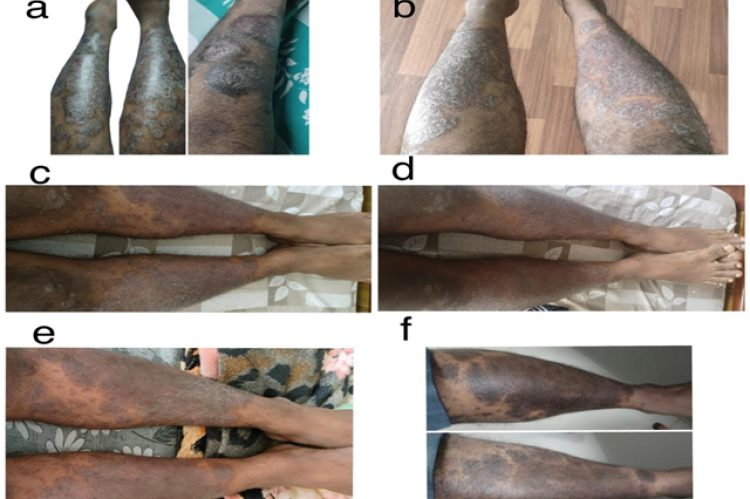Psoriasis is a chronic inflammatory disorder that primarily affects the skin and joints, with plaque psoriasis being the most prevalent form. It manifests as large, scaly lesions and may lead to joint complications in approximately 15% of cases. The condition arises from an abnormal immune response, characterized by keratinocyte hyperproliferation and T-cell dysfunction, influenced by genetic and environmental factors. The Psoriasis Area and Severity Index (PASI) is essential for evaluating disease severity and treatment response. This case report discusses a 31-year-old male diagnosed with chronic plaque psoriasis at age 27, initially treated with Apremilast and topical therapies, which yielded limited improvement. Methotrexate was later introduced but was discontinued due to persistent lesions and elevated liver enzymes. In September 2024, following an increase in his PASI score to 44.6, the patient began treatment with secukinumab, an IL-17A-targeting biologic. After five weeks of subcutaneous injections, he experienced significant clinical improvement, with no new lesions and reduced PASI scores. This case underscores secukinumab's efficacy as a treatment option for moderate-to-severe psoriasis in patients unresponsive to conventional therapies.
View:
- PDF (651.2 KB)


